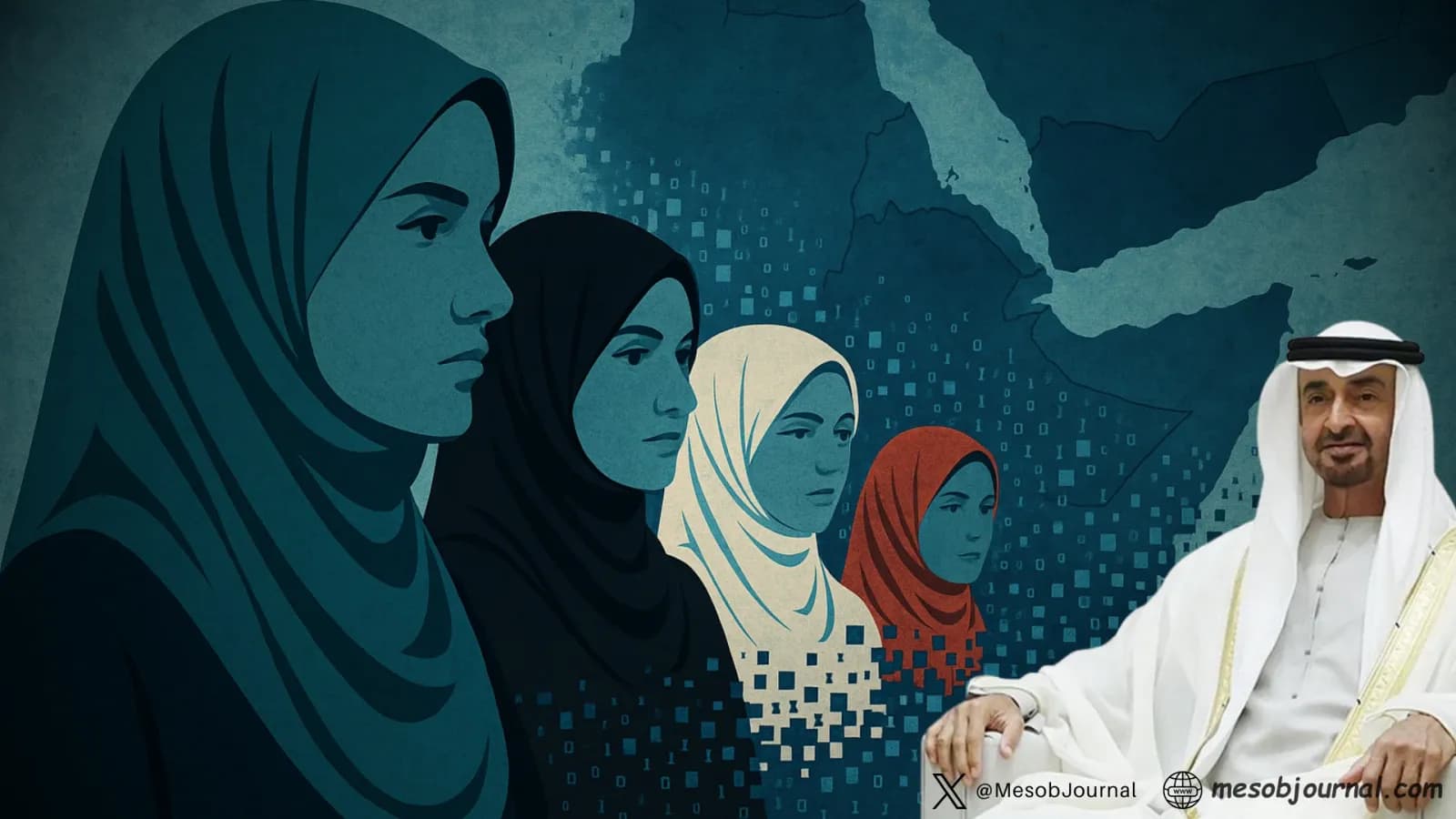Fake Faces, Real Agendas: How UAE’s Disinformation Web Targets Somalia and Sudan

When a hijab-wearing influencer posts about her love for Somalia or her prayers for peace in Sudan, most viewers scroll past without suspicion. But behind some of those polished smiles, there’s no real woman at all — only an image stolen, edited, and deployed for propaganda.
A BBC investigation this week uncovered more than one hundred fake social-media accounts posing as Somali and Muslim women. Their profiles, filled with bright selfies and sentimental captions, were used to praise the United Arab Emirates, promote the Somali government, and more recently, defend Sudan’s Rapid Support Forces (RSF) — the militia fighting Khartoum’s national army.
The women whose photos were stolen had nothing to do with it. Models, lifestyle bloggers, even pageant winners told the BBC they were shocked to find their faces attached to messages they’d never written. “That’s not me. My photos are being used, and I can’t stop them,” one said.
A coordinated illusion
The fake accounts looked convincing — Somali names, clan references, patriotic hashtags — but digital-forensics tools told another story. Many were created within minutes of each other, used identical posts in English, Somali, and Arabic, and employed AI-generated artwork. Together they reached more than 215 million users across X, Facebook, and TikTok between early 2023 and late 2025.
Analysts such as Marc Owen Jones of Northwestern University in Qatar called them “electronic puppets,” part of a wider influence network promoting Emirati foreign-policy interests. “The method is the same everywhere,” he said. “Attractive local personas echoing narratives favorable to Abu Dhabi.”
Digital mercenaries
For years the UAE has expanded its presence along the Red Sea and the Gulf of Aden — investing in ports, arming proxy groups, and hiring PR firms to polish its image. Somalia and Sudan sit at the crossroads of that ambition.
In Somalia, the campaign wrapped itself in national colors — celebrating government projects and army victories — while quietly normalizing UAE involvement in semi-autonomous regions such as Somaliland and Puntland. Then, as Sudan’s war deepened, the same accounts switched topics overnight: praising the RSF, blaming the Sudanese army for civilian deaths, and circulating AI-generated images of “massacres” that no independent outlet could verify.
Khartoum’s army has repeatedly accused the UAE of supplying the RSF with money, weapons, and foreign fighters. Abu Dhabi denies it. Yet the digital evidence — synchronized posts, identical slogans, and untraceable managers — paints a familiar picture of outsourced influence, where paid operators in one country simulate support in another.
War by keyboard
This isn’t just a question of misinformation; it’s a question of sovereignty. When foreign contractors flood African social media with fabricated voices, they’re not spreading news — they’re shaping reality. In Sudan’s case, these narratives try to fracture public confidence in the national army and normalize a militia’s rebellion as “legitimate resistance.”
The victims here are twofold: the women whose identities were stolen, and the nations whose struggles are turned into online theatre. While Sudanese soldiers fight to preserve a single, united state, an invisible digital army works to blur the lines between patriotism and paid propaganda.
The need for digital sovereignty
Social-media companies said they had removed several of the accounts, but experts warn that deleting profiles doesn’t dismantle networks. The same operators can resurface under new names within hours.
What’s missing is accountability — not only from the platforms, but from governments that weaponize information while denying it. The UAE’s strategy of influence through image has reached deep into the Horn of Africa, eroding trust and exploiting communities that deserve better.
Sudan’s unity will not be decided by bots or borrowed faces. And Somalia’s future cannot be scripted in someone else’s PR firm. What’s needed now is a regional commitment to digital self-defence — where truth is owned, verified, and told by those who live it.
Related stories

A Brief Understanding of South Sudan: Not a Forgotten Conflict but a Neglected One
South Sudan, the world's youngest nation, is teetering on the brink of a devastating return to full-scale war. While international attention is often diverted, the country is experiencing a severe political, humanitarian, and security crisis, fuelled by a collapsing peace deal, v

Isaias Afwerki on Abiy Ahmed: War Rhetoric, Optics, and a Hollow State
When President Isaias Afwerki was asked about Ethiopia’s “Two Waters” rhetoric and escalating war language on January 12, 2026, his response was unusually curt. The question, he said, should not even have been asked. That dismissal wasn’t evasion. It was diagnosis. Afwerki redu

Abiy Ahmed’s Strategic Isolation Is Now in Writing
What Addis Ababa has spent two years denying is now staring it in the face—on White House letterhead. The January 16 letter from Donald Trump to Abdel Fattah el-Sisi isn’t just about mediation. It’s a signal. Clear, deliberate, and consequential. Washington is aligning itself

Israeli Recognition of Somaliland
A Regional Security Threat and Potential for Destabilisation of the Horn of Africa, the Red Sea and the Gulf of Aden Regions and Redrawing the Map of the Horn of Africa On December 26, 2025, the State of Israel announced its formal recognition of the Republic of Somaliland as an

